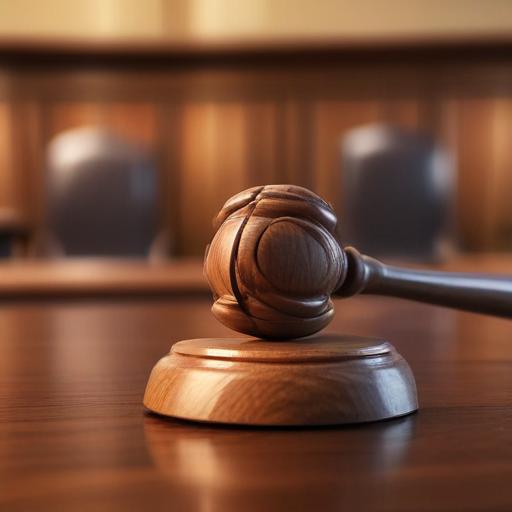A federal judge in Colorado has delivered a stern critique of attorneys representing MyPillow CEO Mike Lindell, who utilized generative artificial intelligence to submit a flawed court filing in a significant defamation case. The filing, which included references to nonexistent court cases and numerous errors, was presented as an “inadvertent” mistake related to a “prior draft.”
The lawsuit in question was brought by Eric Coomer, the former head of product security for Dominion Voting Systems, who alleged defamation due to Lindell’s false claims following the 2020 presidential election. In a decisive ruling, Lindell was found liable for defaming Coomer and was ordered to pay $2.3 million, a judgment he publicly celebrated as “awesome.”
U.S. District Judge Nina Y. Wang expressed her disappointment in attorneys Christopher Kachouroff and Jennifer DeMaster, stating they had shown “blind reliance on generative artificial intelligence” in their legal work. As a result, she imposed sanctions of $3,000 on each attorney, citing their unreasonable certification and submission of the AI-generated document. The court also criticized the attorneys for their contradictory explanations surrounding the errors.
While Lindell himself faced no sanctions, his attorney acknowledged his client’s lack of awareness regarding the AI tools used in his legal practice. Judge Wang pointed out inconsistencies in Kachouroff’s arguments, and highlighted previous conduct that raised further concern about the attorneys’ attention to detail in their submissions.
The case serves as a cautionary tale regarding the integration of AI in legal practices, emphasizing that while technology can enhance efficiency, it cannot replace the careful scrutiny expected in legal filings. As the legal community navigates the evolving landscape of AI, the emphasis on ethical practices and thorough investigation remains paramount.
The outcome highlights the importance of accuracy and diligence in legal documentation, encouraging attorneys to be vigilant in their practices, particularly when new technologies are employed. As this case unfolds, it may set a precedent for how AI tools are utilized within the legal field, urging lawyers to maintain a standard of professionalism that upholds the integrity of the judicial system.
